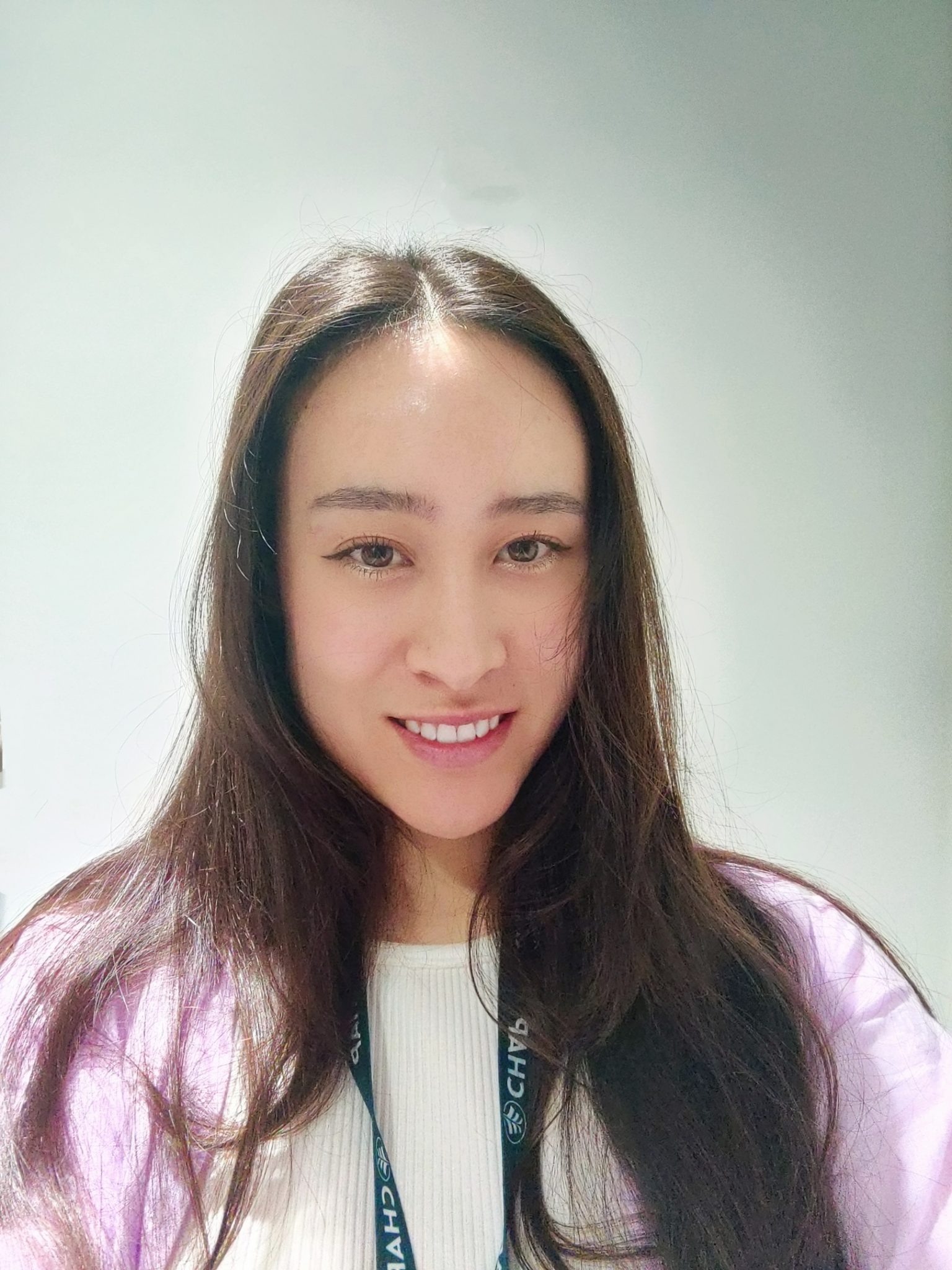Faye McDiarmid is one of CHAP’s Technical Liaison Officers. She is based at Rothamsted Research, in the Digital Phenotyping Lab. Here she expands on her career, the importance and future of phenotyping and highlights her passion for health and safety.
How do you introduce yourself and describe the work you do?
In my role as a Technical Liaison Officer, I carry out project trials and support the Finance, Innovation, Commercial, and Operations teams. As a result, my day-to-day responsibilities are vastly diverse and I’m grateful to have had the chance to gain invaluable experience in a wide range of areas.
I’m based at the Digital Phenotyping Lab where we use advanced imaging systems to study crops, their pests and diseases. This facility is partnered with Rothamsted Research, a prestigious agricultural research institute, rich in expertise and world-class facilities.
My role is centred around conducting scientific trials for grant and commercial projects, which means I get to work with all sorts of interesting organisms! I also assist in project development through the generation of costings, trial design and resource allocation. And time-permitting, I provide technical content to the Marketing team, from blogs to photos and videos.
I also have a role as a Health and Safety Officer – contributing to everyone’s safety and wellbeing is a prime motivator for me. Since receiving my National Examination Board in Occupational Safety and Health (NEBOSH) General Certificate, it has enabled me to expand my responsibilities companywide. As a result, alongside my colleague Alex Jubb, we have been leading the development and implementation of CHAP’s health and safety management plan.
Why did you pursue a career in this sector?
Like many others, I found it difficult knowing what I wanted to pursue after finishing college. My approach entailed starting off general and gradually specialising after exploring various options. I did a biology degree at University College London, then tailored my final year projects towards plant sciences. This led me to a volunteering position at Kew Gardens, in the scientific glasshouses, followed by an internship at Kew Science focused on orchids and coffee. This was my first introduction to food security, following which, I dived into the world of agriculture, starting off with a technician role in the blackgrass group at Rothamsted Research.
In my current position, I’ve also taken on a Health and Safety Officer role and it wasn’t until joining CHAP that I was able to expand my experience and knowledge in the area. With the company’s recent expansion in staff, more employees are now stationed across the different sites which led to new health and safety risks. Contrary to the stereotype, I find all the varied aspects quite interesting. One example that fascinates me is biosafety, and the intricate process involved in preventing the transfer and transmission of dangerous, or invasive pests and diseases. I believe we should approach healthy and safety with a more positive attitude. For me, it starts from going to work and feeling reassured that I have the right to remain safe and healthy whilst doing my job.
In your current role, what do you find most rewarding?
I’m sure that any career in agri-tech is rewarding because the essence of it is, feeding the world. In my role, I find it fulfilling that I get to contribute towards pioneering novel solutions, because CHAP is always working with collaborators at the forefront of agricultural research and innovation (just look at SPRAYBot and SlugBot as examples!). In addition, being a Health and Safety Officer, it is knowing that I can reinforce positive attitudes and control risks to create a safer working environment.
What key lessons have your learned from some of the projects you’ve been involved in?
They are simple, but effective:
- Preparation is the most important step
- Things take longer than expected – always factor this in
- Don’t deviate from the scope unnecessarily!
- Good relationships within consortia increase productivity and success
- The expertise of specialists is invaluable
What do you find most interesting about phenotyping?
The potential for maximising its efficiency. One key reason is the need for replacing laborious, manual scoring which relies on a wealth of practical experience and a pair of highly skilled eyes.
Future-proofing phenotyping will entail moving towards technology-led imaging systems to measure differences, direct or by proxy, between samples in a world beyond what the naked eye can see, to inform product testing and sensor development.
In the next five years, what do you believe will be some big changes in agriculture?
I don’t believe there will be any major changes in technology, products or novel practices across the sector in the next five years, but expect a few legislative, and more financial changes to come along.
Driving forward, either product or process development pose a series of challenges such as low uptake, financial and legal constraints and the need for multi-scenario testing, to name just a few. This is where organisations such as CHAP step in to accelerate the process and facilitate development, working alongside industry, academia, businesses and farmers to bring sustainable and resilient food systems across the country and beyond.
To learn about the Digital Phenotyping Lab, visit the capability page. To find out more about CHAP’s experts, visit our team page.
Please note, the opinions expressed in this article are the author’s own and do not necessarily reflect the views or opinions of CHAP.












